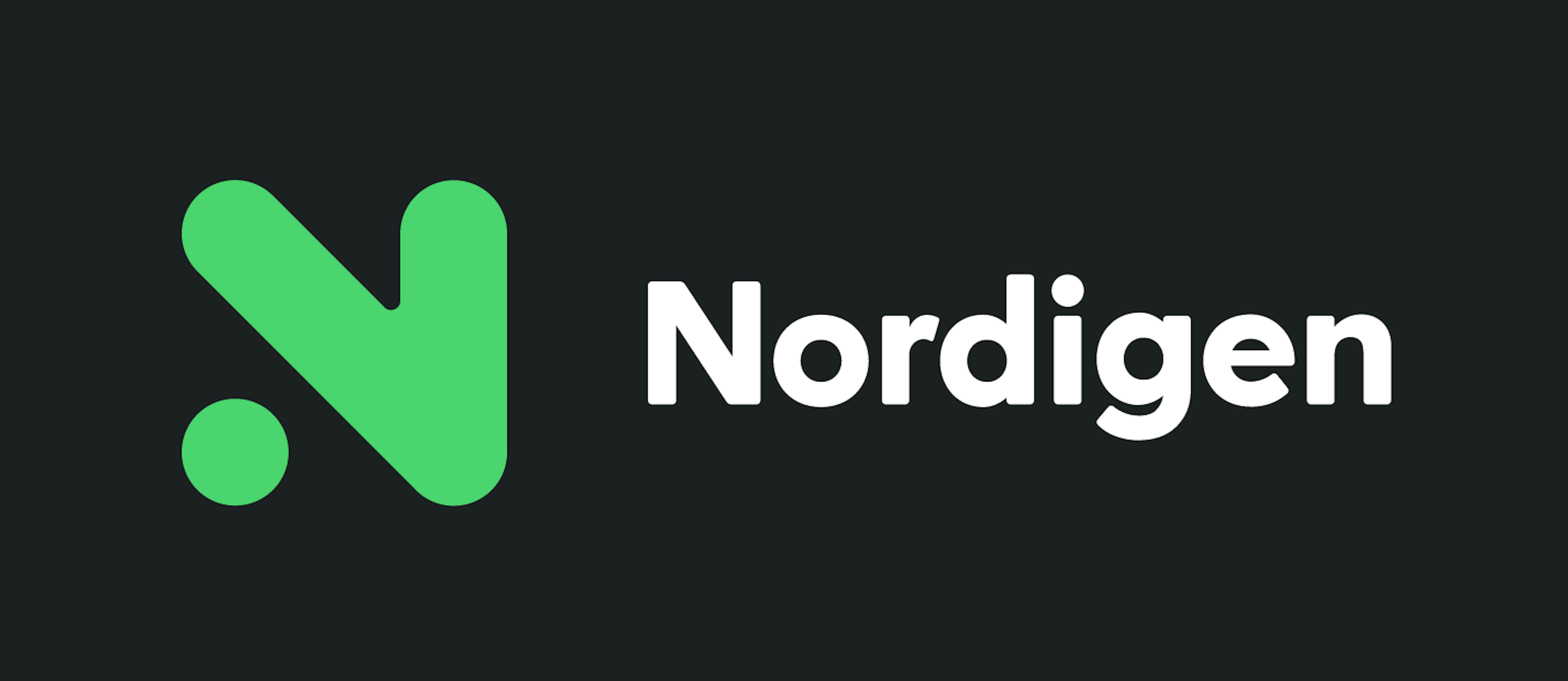Giving consumers better access to, and control of, their financial data is a major trend in fintech.
A whole set of challengers are now dedicated to the ‘open banking’ mission, including Moneyhub, Yolt and Tink (which was recently bought by Visa for €1.8bn). These companies allow users to ‘open up' and share their bank data with other parties, charging their clients for the privilege.
But open banking has so far seen slow adoption. Active users in the UK reached 3m in January 2021, well behind previous predictions of 33m by 2022.
This has reignited a debate about whether startups should be making money from open banking services.
The conversation has also extended to ‘open finance’ — which extends data-sharing capabilities beyond just banks to include pension funds, saving accounts and other assets. But unlike open banking, access to open finance data is currently unregulated, prompting further questions about consumer protection.
What will lead to the mass adoption of open banking? And will the rise of free open banking providers disrupt the space?
Sifted spoke to the experts to find out.
To pay or not to pay
Fintechs like Plaid, TrueLayer and Tink have founded their businesses on providing access to regulated banking data for a fee, servicing a vast array of finance apps like Freetrade, Plum and Emma.
Under current banking regulation, raw data must be provided for free to consumers via an official application programming interface (or API). As a result, the apps pick up the cost on behalf of their users.
But not everyone believes raw bank data should come at a price to third parties. Back in December, Latvia-based open banking platform Nordigen began offering this raw data to third parties via a free API.
“Our instinct was that something was off. A year after the launch of open banking, most of the users of the technology were big enterprises. There was supposed to be a fintech revolution but it was very slow,” says Nordigen cofounder and CEO Rolands Mester.
“We decided to democratise access to the data. We aggregate the same APIs as everyone else but we offer the connections for free. The world would be better with more Wises and Klarnas but the incumbent aren’t keen to innovate. They’re happy with the status quo,” he adds.
Nordigen’s business model is to upsell data analysis solutions, while providing the raw banking and open finance data for free.
The world would be better with more Wises and Klarnas but the incumbent aren’t keen to innovate. They’re happy with the status quo.
The dark side to open finance
As someone with skin in the game, you might expect Mesters would be all for open finance. But Mesters has concerns about data security, saying it has a ‘dark side’.
“Regulation says you should use a bank’s own API but if it’s down, you can fall back on screen scraping (where third party companies access financial data by logging into digital portals on behalf of an institution’s customers using their passwords and usernames)," he tells Sifted.
He explains that because open finance isn't currently possible without password-sharing technologies, it relies more heavily on screen scraping.
“We want to ask — are we sure we want to do this? Is this the open banking and finance we want? Maybe we need to take things a bit slower, enforce current regulation better and build in more regulation first,” says Mesters.
While many are keen to point out the pace of technology makes regulation difficult, Dave Tonge, chief technology officer at Moneyhub, says regulation isn’t the problem here but rather data protection.
“The main issue with open banking and open finance is data protection, which is covered by GDPR and the UK’s Data Protection Act 2018. We are open to more regulation but this is mainly to force data providers like pension companies to give customers access to their own data,” Tonge says, which individuals like Mesters argue shouldn’t come at a price.
The main issue with open banking and open finance is data protection.
Consumer concerns
For now, consumer trust and data safety remain barriers to open banking’s growth — and by extension, open finance.
A 2019 Deloitte survey in the US found 69% of consumers had concerns over identity theft and 60% were worried about misuse of data when it came to open banking.
Dmitry Dolgorukov, cofounder at lending software company HES Fintech, believes that at its best, open finance provides consumers with more transparency and control, but user education is key.
“Screen scraping leaves users vulnerable to having their data shared in ways they’re unaware of,” he agrees. “I believe customer-permissioned data is the way out. API platforms can serve as a single secure gateway for secure data sharing with third-party apps and help limit an abundance of risky connections.”
As ever, it’s a process of evolution. More regulation is required to increase data security but for Dolgorukov, open finance’s positives outweigh its negatives.
“As a tech optimist, I believe that data sharing in open finance is going to improve convenience and personalisation, with drawbacks and threats taken under control step-by-step. Better financial products, higher customer retention and the development of new markets are worth the effort and initiative.”
Get free access to bank data and premium data insights here.


